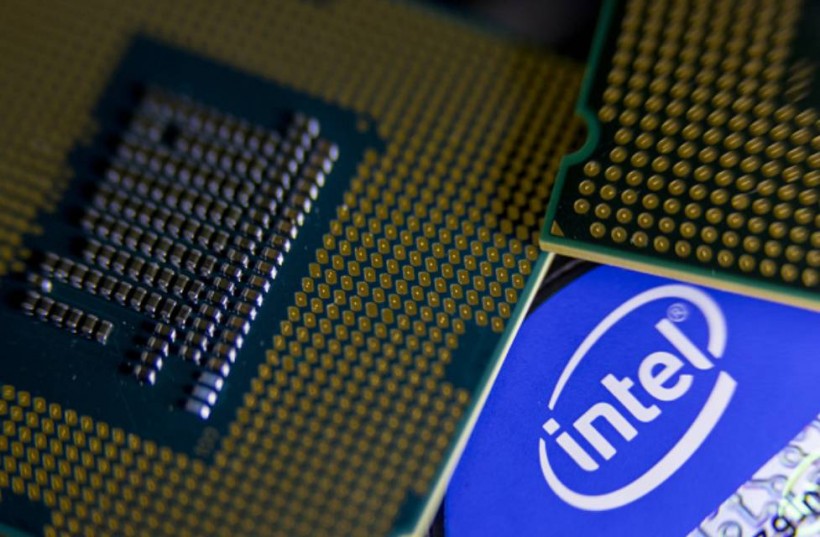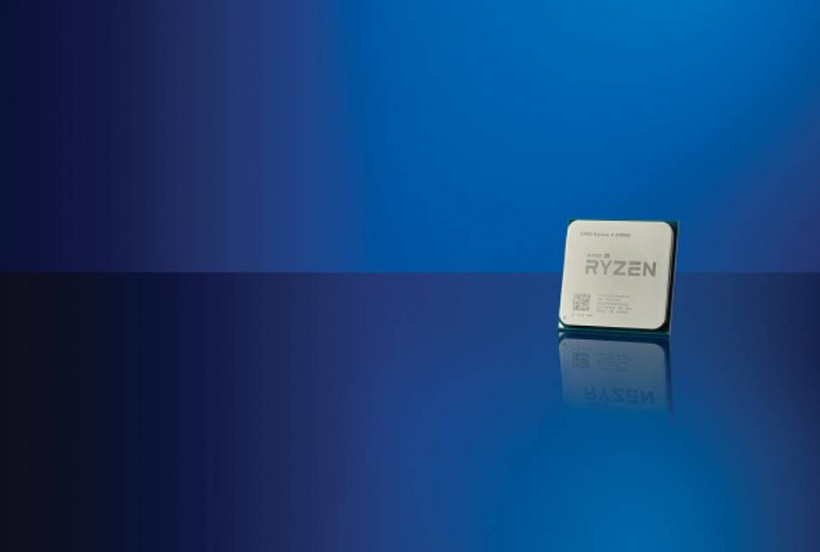Intel's Alder Lake CPUs are coming this year, which means new motherboards, a new socket, and a slew of new features that need software monitoring support.

ANTALYA, TURKEY - FEBRUARY 15: In this illustration photo Intel processor is seen in Antalya, Turkey on February 15, 2021. (Photo by Mustafa Ciftci/Anadolu Agency via Getty Images)
WCCFTech reports that a handful of ASUS motherboards for the upcoming Intel Alder Lake processors just got support for the popular monitoring software HWinfo. The boards, featuring socket 1700 and the Intel Z690 chipset, feature a few ones from the basic ASUS line and some from the Republic of Gamers series.
Fans can expect the motherboards to be unveiled around July. Among these is the ASUS Z690 series and the ROG Maximus XIV lineup, which will be fully compatible with Alder Lake and the 13th gen Raptor Lake chips. No one knows if this socket will also support 14th gen Luna Lake (which was leaked last March), however.
VideoCardz reports that ASUS plans to equip all of their top-end Z690 boards with support for blazing-fast DDR5 memory, whereas lower-end models will get DDR4. Perhaps this might be a first in PC hardware history, with two different types of RAM being compatible with one board.
Read also: RAM News: DDR5 Chips Teased With Unimaginable 5600 MHz Speeds
Is Intel Redeeming Itself?
With the release of their 11th gen desktop processors codenamed Rocket Lake, Intel seemingly took a step back on the high-end by cutting out two cores and four threads to make the 11900K. Obviously, tech reviewers didn't like this one bit. While they praised the mid-range 11th gen offerings, they absolutely trashed the Core i9 11900K, with even one reviewer (GamersNexus) calling it "a waste of sand."
For this generation, Intel looks like it's starting to redeem itself. PCGamer reports that Alder Lake chips will feature a rather curious core setup: 8 bigger, max speed cores and 8 smaller, more efficient cores for a configuration of 8+8, with a maximum of 24 threads on the high-end. Intel calls this their big.LITTLE architecture, which they hope can compete with the raw core count of competing Ryzen parts.

An AMD Ryzen 3 2200G CPU, taken on March 16, 2018. (Photo by Olly Curtis/Maximum PC Magazine/Future via Getty Images)
Aside from that, the chip will also be manufactured on the 10nm Enhanced SuperFin process, and is rumored to release late this year. For a company who's built a reputation for releasing CPU "refreshes" (remember Haswell Refresh?) that offer sub-standard hardware upgrades for a price premium, this is something new.
More Support
Intel isn't just getting early support for HWinfo, obviously. CPU-Z already added support for Alder Lake, Z690 boards, and DDR5 memory with its 1.96 update, as reported by WCCFTech. What this means is that during the next couple of months, we might see a few initial benchmarks and even more details about the chips and motherboards on the CPU-Z leaderboards.
Considering the new direction that Intel is taking with Alder Lake, expectations are up in the air regarding how these chips are going to perform. But there are things which are more ironclad, though. 12th gen will natively support, among other things, PCIe gen 5.0, according to PCMag. This latest PCI standard is apparently going to offer double the bandwidth of PCIe gen 4.0.
As for the LGA 1700 socket, its dual-compatibility trick is something weird for Intel since they're not known to stay with one socket for long in recent years. AMD Ryzen has been using socket AM4 since its launch in 2017, which has helped so many gamers upgrade to succeeding chip generations without having to swap out their motherboards (most of the time). Intel going this route is likely another ploy to try and ramp up the competition in the CPU space.
Read also: AMD Vs. Intel Processors Comparison 2021: Which Is Better?
This article is owned by Tech Times
Written by RJ Pierce












